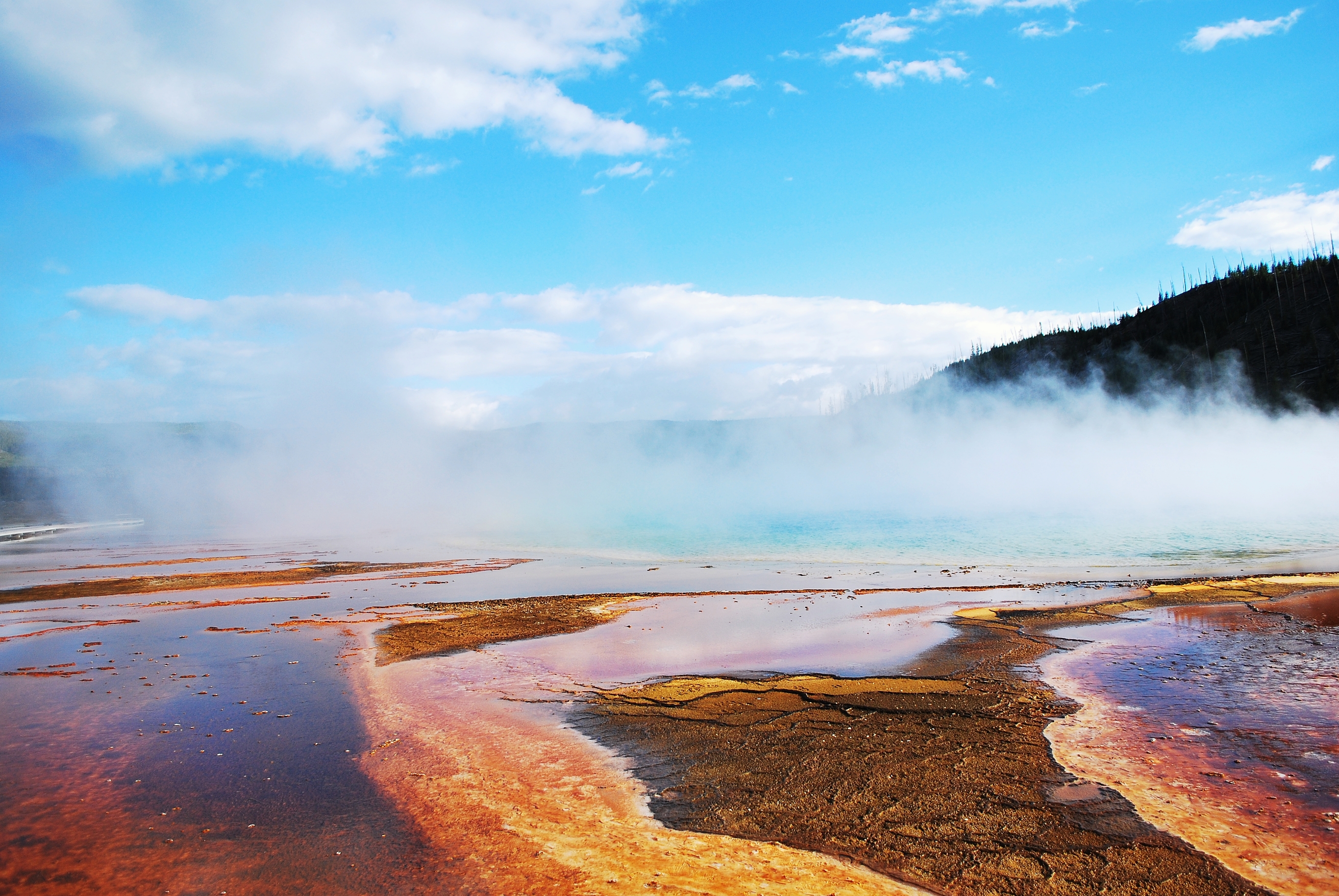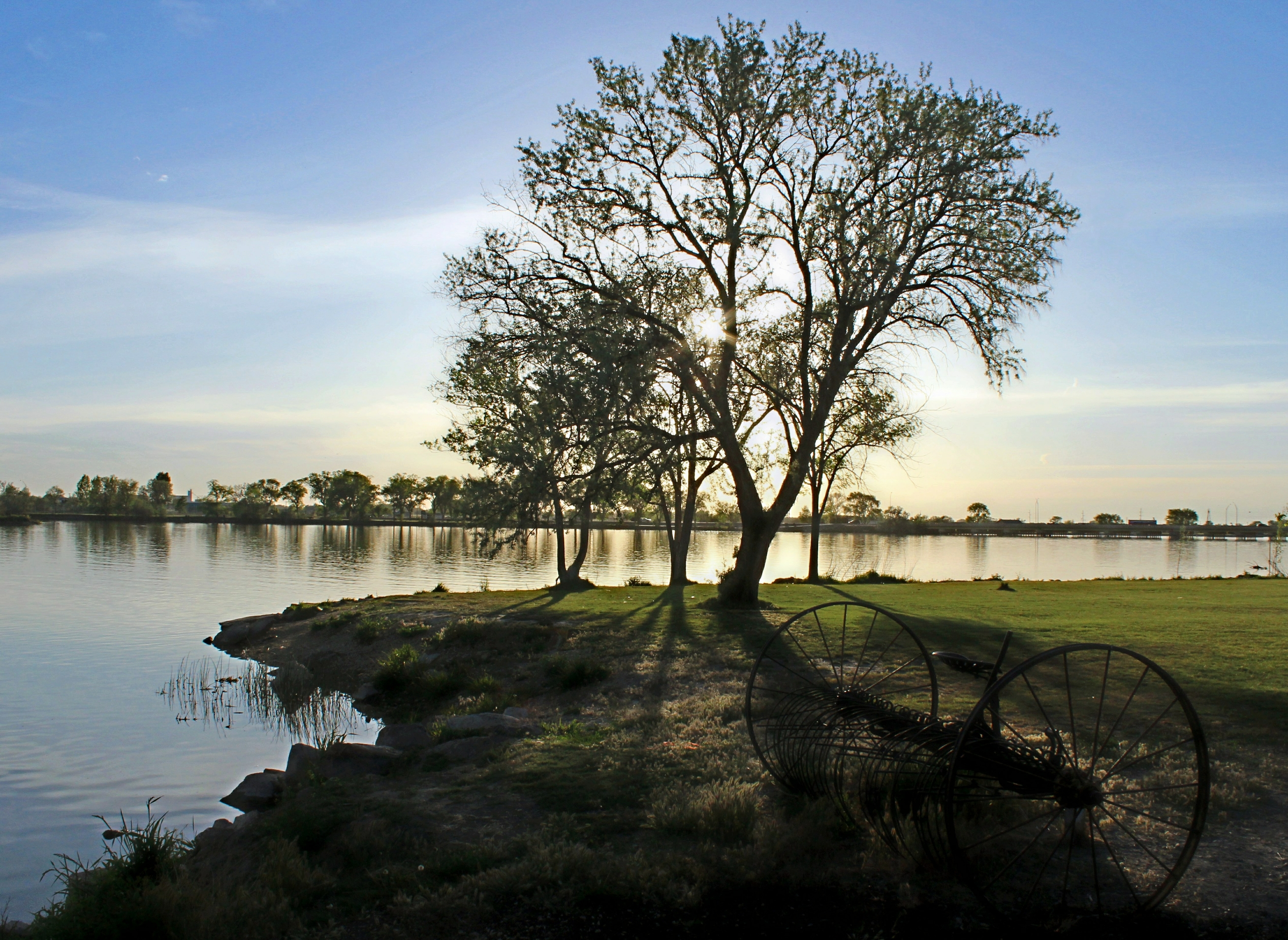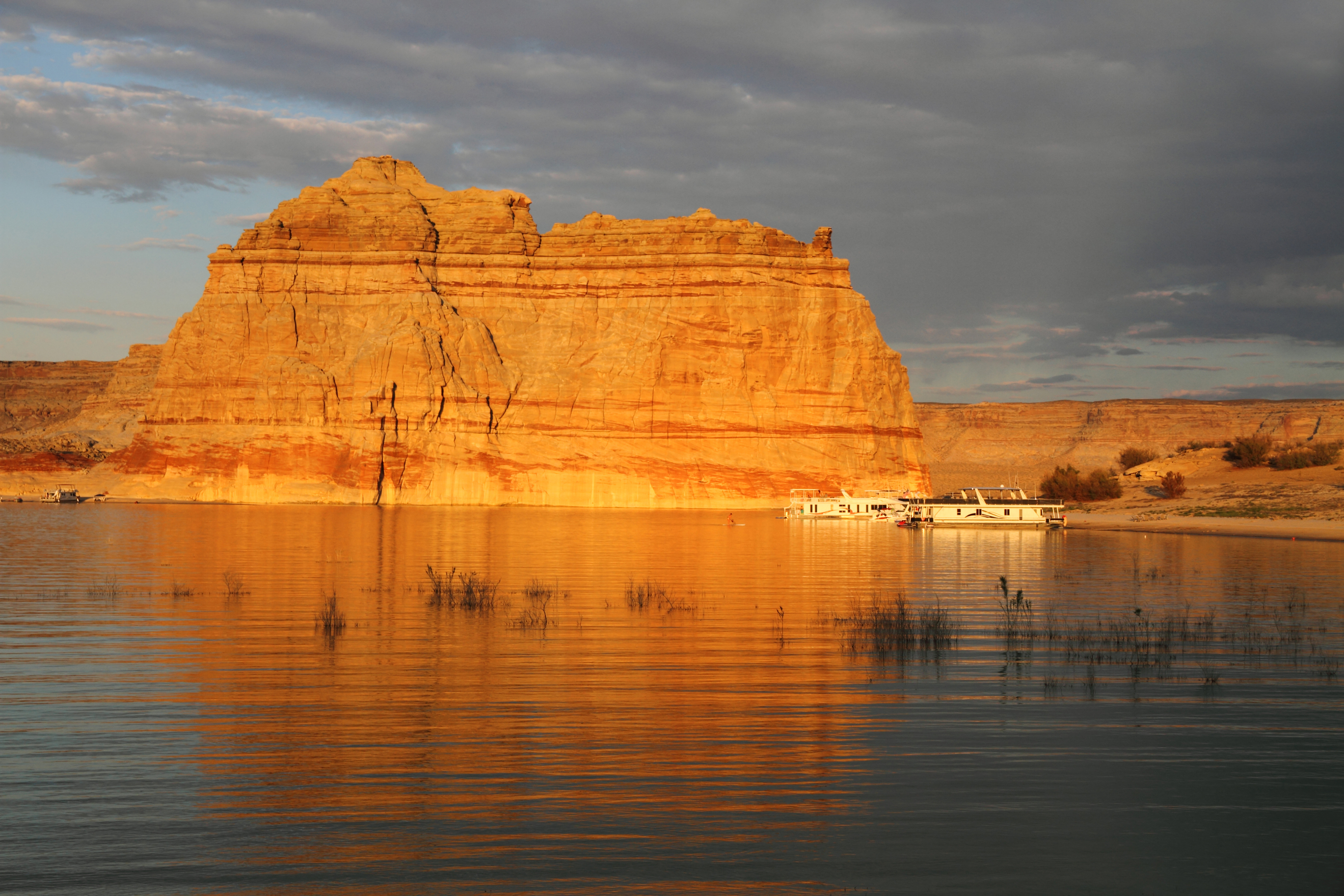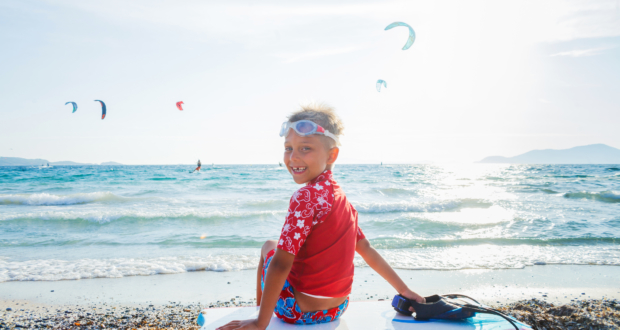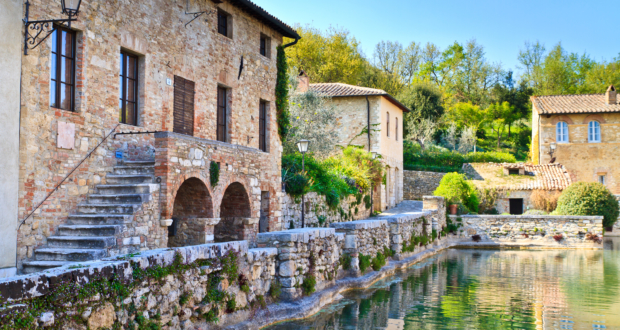Late Sunday night, we were having difficulty leaving a dinner party. Not for the typical lingering, chatty, dawdling-toddler kind of reasons, but because my oldest son had gone missing. No amount of calling his name had brought him to the door, so I had sent my husband to find him while I helped the girls get their jackets.
Ten minutes. The February air outside was getting colder as the light faded from the sky, and I wasn’t sure I could stand in the doorway much longer without offering to pay part of our host’s heating bill. Finally, my son appeared with an exaggerated frown on his face, his father coming up just behind. ” He was upset about the game,” my husband, “I think was hiding.”
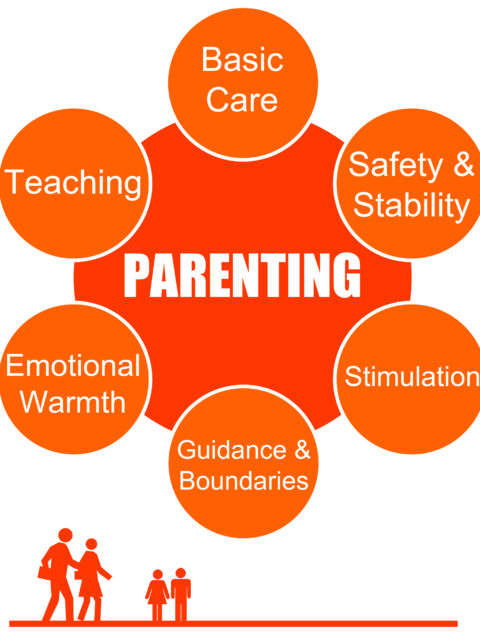 Once we were in the car and buckled in, I asked what had happened. My husband tried to explain, “John was upset that all we did was stand around and talk with the other adults. He had a balloon game planned, but when he asked people to play, no one listened to him.” “Oh no,” I replied, and turned to my son again. “You mean that game was for adults? I thought you just wanted to play with the kids! The kids all got out the balloons and began playing, but you disappeared.
Once we were in the car and buckled in, I asked what had happened. My husband tried to explain, “John was upset that all we did was stand around and talk with the other adults. He had a balloon game planned, but when he asked people to play, no one listened to him.” “Oh no,” I replied, and turned to my son again. “You mean that game was for adults? I thought you just wanted to play with the kids! The kids all got out the balloons and began playing, but you disappeared.
I don’t think any of the adults knew you were talking to them. I’m sorry son.” Finally, John spoke up. “If I had a week of freedom, I would just play games with you the whole time.” My heart started to sink, as waves of guilt washed over me. He was feeling ignored, unvalued, unloved. “If I had a week of freedom, we could play sports, get out the board games, play video games, go swimming, have picnics in the park!” His voice was rising. It was serious. Taking a minute to think about his wish, I realized this was a storm that had been brewing for a while.
For three months, every time we had gone to friends’ houses the parents typically sat and visited, while children had been expected to play with each other and keep out from underfoot. And every time, for three months, John had come away disappointed and upset. I had figured he’d get over it, because don’t all children feel that way sometimes? But John meant it. He had taken to hiding from the problem so he wouldn’t have to deal with his disappointment. It was pretty clear we needed to make some changes.
As I sat there and considered what to do, I hit on an idea. He could help me plan our summer vacation!
February to me, means vacation-planning. I’m not sure why this task always falls to me. It has just always been Mom’s job. I decide where to go, make all the reservations, and plan the calendar of activities. February is both fun, and exhausting, as I consider all the options and make all of the decisions by myself. Sitting in the car and listening to him sniffle all the way home made me think: it might be nice to have a little help, and he clearly needed to contribute.
So, the following day, I sat down with the family over dinner and asked the question, “If we were world travelers, where would you like to go?” My 5-year-old only wanted to go to Chuck E Cheese, and my 7-year-old wanted to visit a schoolmate who had moved to Oklahoma. But then 10-year old John said, “Yellowstone?” and the family jumped on the idea with unanimous approval.
We got out the computer and I set him down to look through a couple of Yellowstone-related sites and help me decide what to do with our time there. Paddling around Lake Yellowstone in a kayak quickly jumped to the top of his list. But he also wanted to go star-gazing, horseback riding, and camping. It was astonishing how quickly we made progress. In one afternoon, we had almost the whole trip planned, and all I had left to do was look at the calendar and make a few phone calls.
My children are growing up, and they want, they need, to have a voice. Especially when it comes to their own downtime. During our planning process, I took a few notes to share with other parents who hope to include their children in vacation planning, and I hope they are helpful.
What I Learned:
Children need to have time with and attention from their parents.
This was the biggest theme of every suggestion John made. It almost didn’t even matter what the activity was, so long as we were doing it together. Somehow, he instinctively knows that fun is only fun if you have someone to share it with. They also know that nothing is as wonderful as having the undivided attention of a loved one.
Children need to have independence, within boundaries.
It was helpful to sit down with John and go over a few suggestions. But there were limits. I found 3-5 decisions to be an ideal amount for him to make. I selected just two child-friendly sites to let him explore and consider, and he spent the bulk of his time only looking at one of them. If I had given him more than that to research, he could have easily become stressed over all the options. Knowing that stress usually turns to whining, especially when children realize they can’t have everything, I pre-approved several favorite activities to make it more exciting and empowering.
Children need to have a positive experience with decision making.
I had to be mentally and emotionally prepared to accept John’s decisions, before ever going into the discussion. If we had spent the whole time arguing over differing opinions, or second-guessing each other, it could have become a dividing, rather than unifying experience. All children need to have the experience of having their own opinions and decisions trusted – so they can learn to trust themselves.
Children need to take other’s needs and abilities into consideration.
This one was hard for John, because it meant saying no to horseback riding because his five-year-old sister didn’t meet the minimum age requirement. That was a huge disappointment. But, in giving him plenty of consideration time and reassurance, he realized that choosing what is best for everyone is more fun than leaving someone behind – a mature realization.
Children need to be creative, an important problem solving skill.
When he realized that kayaking would also be out of his sister’s range of abilities, he spent some time considering what we could do on Lake Yellowstone that would include her. He didn’t want to give upon his favorite activity. So, after some thought, he suggested that we buy an inflatable canoe for the family, which we would use with lifejackets, and just paddle around the shore. His creativity provided an alternative option to make everyone happy.
Children need to contribute and be responsible.
As we look ahead to this summer’s Yellowstone visit, the children are expected to save someof their money to help pay for favorite snacks, entertainment, and souvenirs. We hope they will realize that vacations aren’t something they can have on a whim, but that they require accountability, planning, and some sacrifices. They will also contribute in other ways: helping set up campsites, prepare meals, and keep the rules while we are in the Park. This makes the trip, and themselves, more valuable in their eyes.
As my children grow up, it becomes pretty obvious when they need extra freedom and responsibility. Sometimes they surprise me with their insight and kindness, and I’m encouraged to let the kids plan summer vacation more often. If they don’t get regular upgrades in what they can expect, and what is expected of them, they begin to act out and wish for a different life. They can even disappear. While I’m not always so quick to recognize the opportunities, this one was a real pleasure. John is growing up, and while I’m sad to see my little boy go, I’m excited to see the young man he’s becoming. And I’m excited for the Yellowstone memories we’ve planned out together.
If you haven’t heard yet: Every 4th Grader in the United States has the opportunity to get a free Parks Pass to any National Park. Just visit the program Every kid in a Park for more information.
*Originally published in Vacation Rental Travels Magazine.
Views – 1168
